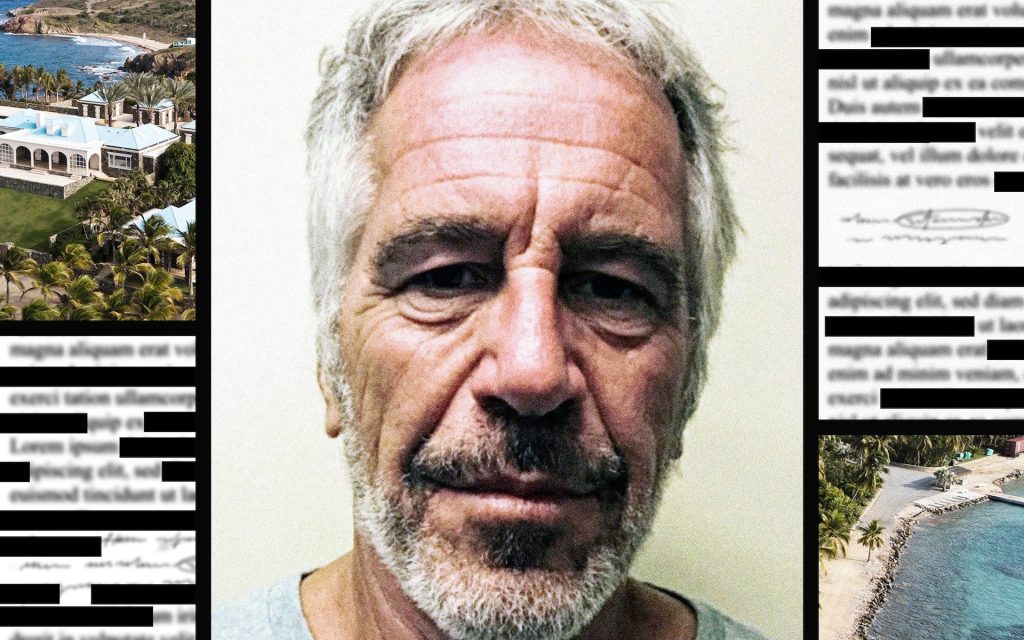The Epstein Files and the Political Fallout
Elon Musk’s sudden and dramatic comment about Donald Trump being involved in the Epstein files created a significant stir. His message, which was later deleted, suggested that Trump was among a list of high-profile individuals linked to Jeffrey Epstein, a financier accused of sexual abuse. This claim ignited intense debate and speculation, particularly among supporters of the former president.
The allegations surrounding Epstein have long been a source of controversy. Following his death in 2019 while in prison, many theories emerged suggesting that his death was not a suicide but a murder. These theories also included the idea that Epstein had a secret list of powerful individuals who had abused his teenage victims. Over time, this “client list” has become a focal point for conspiracy theories, especially within certain segments of Trump’s base.
Despite Musk’s initial claim, the intended impact did not materialize as expected. However, recent developments from the FBI and Department of Justice (DOJ) have reignited the controversy. Their findings state that there is no credible evidence supporting the existence of such a client list. Additionally, they ruled out any investigation into uncharged third parties. A joint memo from these agencies indicated that further disclosure was unnecessary, effectively dismissing the theory that Epstein was murdered.
This conclusion, however, has only intensified the speculation. Some believe that the government is covering up the involvement of powerful figures in the Epstein case. Elon Musk, known for his vocal stance on various issues, has joined the chorus of critics, calling the findings the “final straw.” He shared a meme mocking the Trump-appointed US attorney general, Pamela Bondi, who previously claimed the client list was on her desk.
Trump’s press secretary, Karoline Leavitt, attempted to clarify Bondi’s statement, suggesting that she referred to all investigatory files rather than a specific list of names. The administration emphasized its commitment to holding anyone who commits a crime accountable.
Throughout his campaign, Trump has hinted at future revelations regarding the Epstein case. He has stated that he would have no problem releasing more files related to the disgraced financier. When asked about the so-called client list, he suggested it might be released if he were re-elected. His vice-president, JD Vance, has also spoken about the need to release the Epstein list, highlighting its importance.
Other senior figures in the Trump administration, including FBI director Kash Patel and his deputy Dan Bongino, have contributed to the ongoing speculation. Bongino, known for his conservative podcast, has previously suggested that Epstein’s death was part of a cover-up. However, since their appointments, both have shifted towards the official narrative, stating that Epstein died by suicide.
The situation presents a dilemma for Trump and his inner circle. As Sander van der Linden, a professor of social psychology at the University of Cambridge, explains, the Maga movement had high expectations for transparency regarding the Epstein case. While some documents have been made public, the so-called “Phase 1” disclosure of the Epstein files proved disappointing. Many of the materials were already in the public domain, leading to further speculation about a cover-up.
The DOJ and FBI’s memo aimed to curb expectations of further disclosures, emphasizing their commitment to combating child exploitation. However, the nature of the Epstein case—linked to numerous politicians, celebrities, and royals—has made it susceptible to conspiracy theories. Van der Linden notes that whenever there is a suspicious death, it often fuels speculation, with people filling information gaps with unverified rumors.
Some on the Left have embraced different theories, suggesting that Trump is blocking the release of the document due to personal implications. Democrats in Congress have questioned whether the White House is withholding files to prevent damaging disclosures.
Trump’s relationship with Epstein dates back decades. In a 2002 article, he described Epstein as a “terrific guy” and noted his fondness for young women. Later, he distanced himself from Epstein, claiming he was “not a fan.”
Ultimately, Trump finds himself in a complex position, where the DOJ and FBI’s conclusions contradict his previous statements. Supporters who were frustrated with the administration’s handling of the Epstein case are now expressing their dissatisfaction openly.
Rogan O’Handley, a prominent Right-wing influencer, criticized the leak of the Epstein files memo, accusing the government of a cover-up to protect elites. Lindell TV, an online outlet aligned with Trump, also voiced criticism, questioning why high-profile names remain unmentioned and why everything is sealed if there is nothing to hide.
As the debate continues, the Epstein case remains a contentious issue, reflecting broader societal concerns about transparency, accountability, and the power of conspiracy theories.


